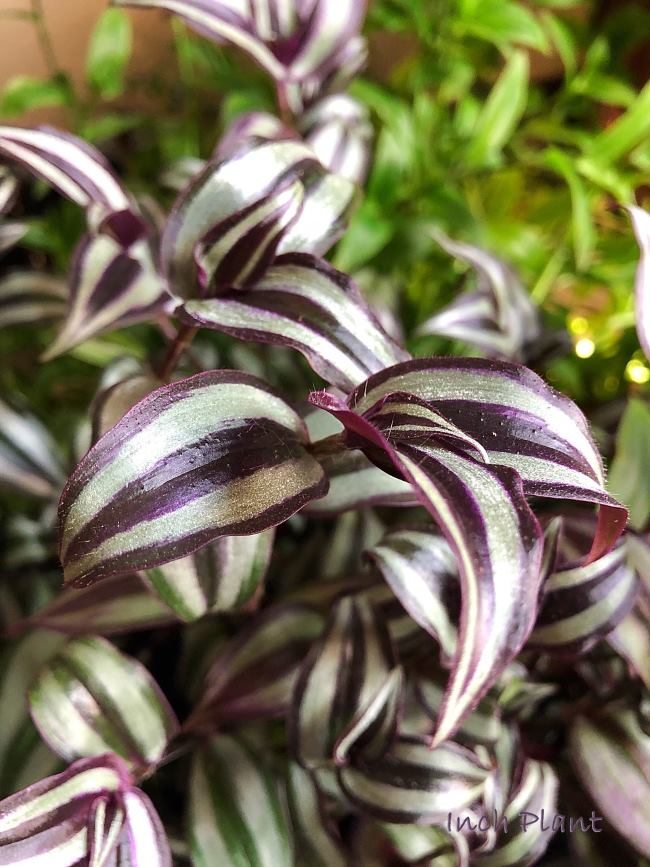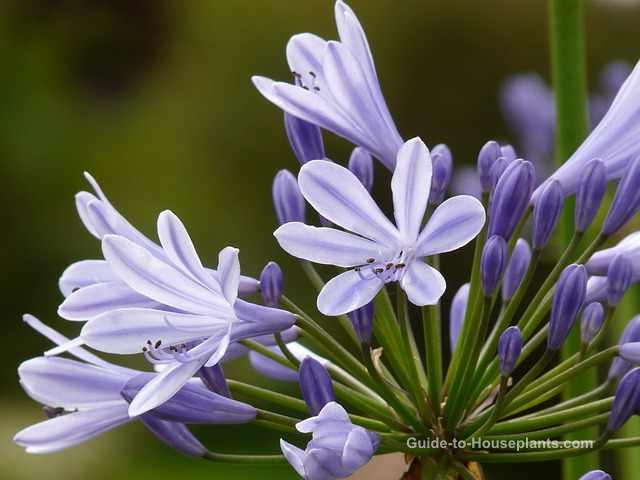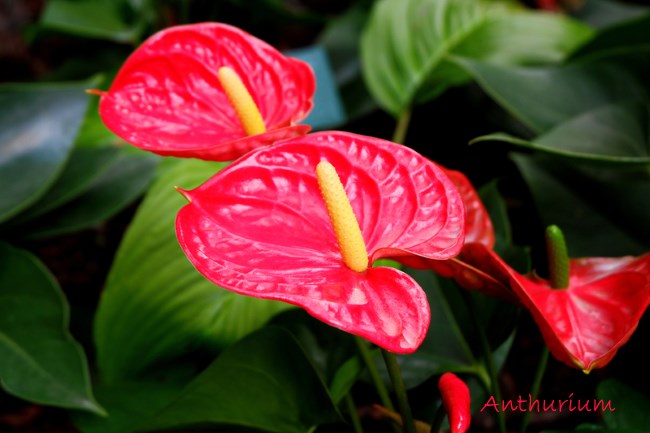String of Pearls Plant
Botanical Name: Senecio rowleyanus
String of Pearls plant looks just as it sounds, with round, succulent leaves carried down long, slender stems. They look more like peas than pearls, but this succulent is definitely a gem.
Pot your String of Pearls succulent plant in a hanging basket to show off its trailing strands of bead-like leaves. Plant several young plants together for a full, attractive display.
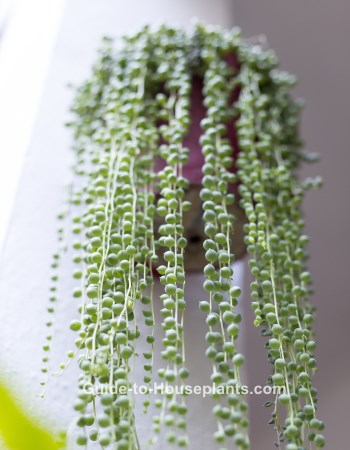
Get to Know String of Pearls
Despite its delicate appearance, this unusual succulent house plant is a vigorous grower, quickly creeping across the surface of the pot, then cascading down the side.
How big does it get? Its trailing stems can reach 2-3 ft (60-90 cm). If long stems become straggly, you can cut them off. Poke healthy stem tip cuttings back into the soil to create a full, lush plant. (See "Propagation" tips below.)
String of Pearls has such unlikely relatives as Cineraria, with broad green foliage and bright, daisy-like flowers...and German Ivy, a trailing plant with lobed ivy-shaped leaves. Although the Senecio genus includes more than 1,000 species of leafy annuals, perennials, succulents and shrubs, what many have in common are rayed flowerheads.
Make it bloom. Give your String of Pearls plant a cool (55-60°F/13-16°C) rest in winter. Cut back on watering during the winter months, but don't allow the potting mix to dry out completely. These cool, dry conditions may promote blooming in spring. And the flowers are spectacular -- clusters of small, white trumpet-shaped flowers studded with colorful stamens.
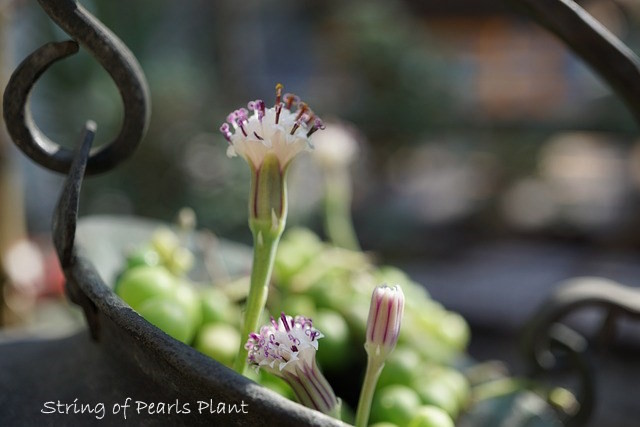 Unusual flowers make String of Pearls even more captivating.
Unusual flowers make String of Pearls even more captivating.Wondering whether to repot? This succulent has small roots, so you won't need to repot often. Keep the crown of the plant at the same soil level as it was in the old pot -- the stems will rot if they are buried. Use a sandy mix for fast drainage and a pot with drainage holes.
Buying tip: You'll find String of Pearls for sale at online nurseries. This succulent grows quickly, so you can buy a small plant.
String of Pearls Plant Care Tips
Origin: Southwest Africa
Light: Bright light with some direct sun
Water: Keep your String of Pearls plant lightly moist during the growing season (spring through fall). Cut back on water in winter, watering just enough to prevent the soil from drying out. Beads that look flat are a sign that the soil is too dry. Give it a good drink, but take care not to overwater. This succulent will not tolerate soggy soil.
Humidity: Average room humidity (about 40% relative humidity) or lower. Dry air won't hurt this succulent.
Temperature: Warm spring through fall (70-80°F/21-27°C). In winter, cool (55-60°F/13-16°C). Want to move String of Pearls outdoors for the warm months? It can take the heat, but keep it shaded from the hot midday sun in summer, which will burn its foliage.
Soil: Fast-draining potting medium, such as cactus potting mix. Wet potting medium will likely cause root rot.
Fertilizer: Feed once a month spring through fall with a liquid or water-soluble fertilizer specially made for succulents. I usually use half the amount recommended on the package. String of pearls plant isn't a heavy feeder.
Propagation: Take 4 in (10 cm) stem tip cuttings in spring or summer and insert them in moist potting medium. Press them into the potting mix until the leaves are almost covered. Keep the medium lightly moist. They will root quickly from the axils where the leaves are attached to the stem.
